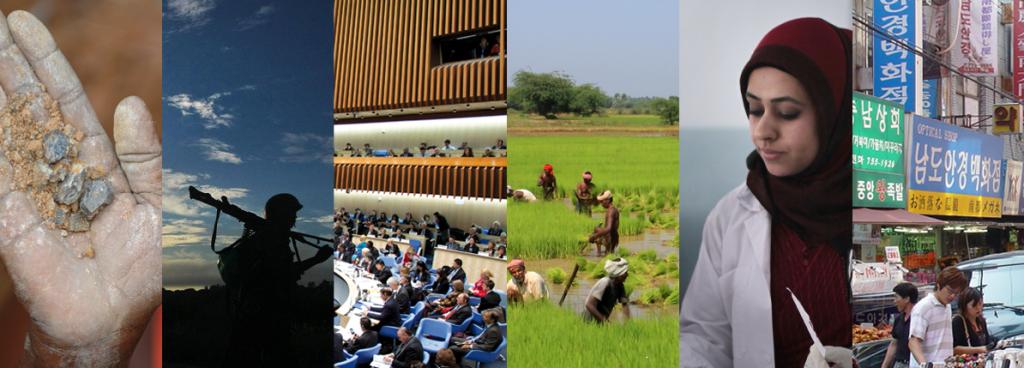The ANSO department is delighted to welcome Professor Nasir Uddin, University of Chittagong, as a Visiting Fellow. His current research focuses on the state of Rohingyas community in Myanmar.
In response to an alleged attack on 20 police camps and a military base, by the Arakan Rohingya Salvation Army (ASRA), the Myanmar security forces started an unprecedented crackdown on civilian Rohingya settlements on August 25, 2017 which triggered a massive influx of Rohingyas to Bangladesh amidst a terrible humanitarian crisis. More than half a million Rohingyas have meanwhile crossed the border into Bangladesh, and of all, 50% are children, 30% are women (85 thousands are pregnant), 15% are old and the remaining 5% are youth. Many internationally authentic reports and Rohingyas’ narratives have confirmed that under the pretext of counter insurgency, Myanmar security forces indiscriminately fired on civilian Rohingyas, burnt their houses villages after villages, raped hundreds of women and girls, and killed hundreds of Rohingyas, mostly youths, what the United Nations Human Rights Council (UNHRC) termed as a ‘text book example of ethnic cleansing’ and others called fair ‘genocide’.
The Rohingyas, an ethno-linguistic and religious minority people, have been the residents of the northern part of Rakhine State (previously Arakan) in current day Myanmar since eight century. But, following the successive influxes to flee persecution in 1978, 1991/92, 2012, 2015, 2016 and 2017, now the Majority Rohingyas live in Bangladesh (about 11,00,000) whilst 8,00,000 in Myanmar and 7,00,000 in other countries that include Pakistan, Saudi Arabia, Thailand, India, Indonesia, Malaysia, and the United Arab Emirates as either refugees or illegal migrants. The Rohingyas are not considered as one of the 135 nationals of Myanmar which was conferred by the ‘Myanmar Citizenship Law 1982’ though the Rohingyas have been living there for more than twelve centuries. The Rohingyas are known as ‘the most persecuted people’ because they are stateless belonging to no state in the world.
Following the independence of Burma in 1948, the Rohingyas were near about to gain state recognition, but after General Ne Win took over the power in 1962, the military regimes started which continued until 2015. During this period, the Rohingyas have undergone the brutal experience of human rights violation, an acute form of atrocities, sever degree of oppression, and stern roles of dictatorship in their lives, and livings. Their lives were restricted, freedom of movement was cut off, education was halted and even marriage became subject to military approval. Particularly, following the Citizenship Law 1982 which rendered them stateless, the Rohingyas started living in an ‘open jail’ as were confined within the villages. But, this year ongoing atrocities, ethnic cleansing and genocide have defeated all other previous records in terms of killing, raping, burning, and humanitarian crises which have been seriously condemned by the international community (like the United Nation and its organs, and the European Unions, the USA, and the UK etc.) and rights forums (like Amnesty International, and Human Rights Watch etc.).
The roles of Aung San Suu Ki have also been strongly criticised across the world as she has been accused of committing ‘genocide’ and ‘crime against humanity’ along with Myanmar state security forces. Given the context, an urgent intervention of the UN bodies is needed to take immediate initiatives to repatriate the Rohingya refugees to Rakhine state with proper social safety, due human dignity and ensuring minimum human rights as recommended by the Kofi Anan Commission Report which was prepared through investigation on the similar incident occurred in 2016 in Rakhine State.
Nasir Uddin is a Cultural Anthropologist based in Bangladesh and a Professor of Anthropology at the University of Chittagong. He can be reached: nasir.anthro@cu.ac.bd


